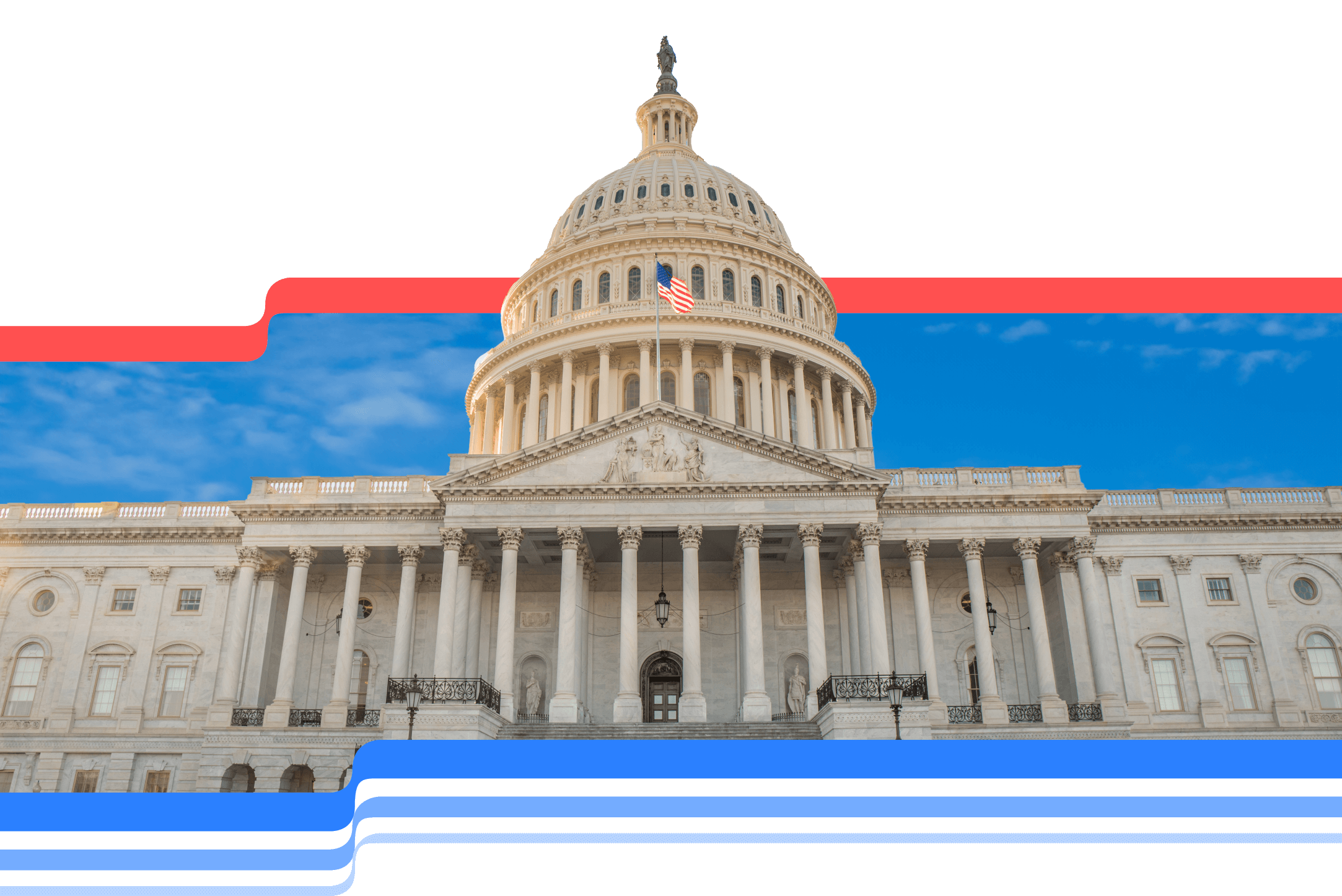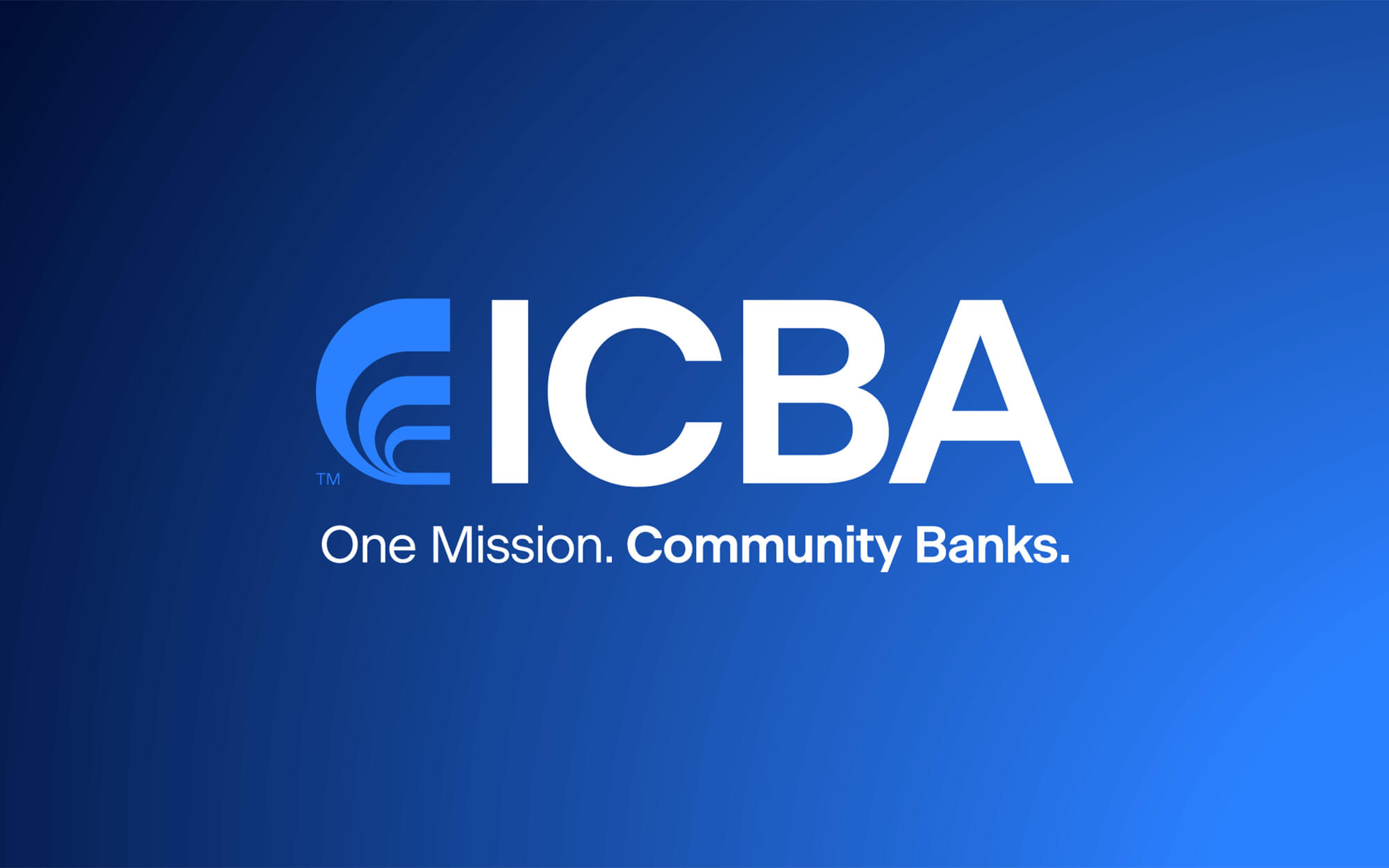The Consumer Financial Protection Bureau next month will propose standards for sharing consumer financial data, CFPB Director Rohit Chopra said.
Details: In remarks on the impact of Big Tech on the payments system, Chopra said the proposal to implement Section 1033 of the Dodd-Frank Act will intensify competition across financial products by allowing consumers to securely permission their transaction data. In a blog post in June, Chopra said the CFPB will finalize the rule next year.
Outline: The CFPB in April released a report on the pending rulemaking under the Small Business Regulatory Enforcement Fairness Act, under which the bureau must convene panels to consider the impact of its proposals on small entities. The bureau’s SBREFA report provides an overview of the outline of proposals it released last October, including plans to allow consumers to transfer their account history to a new company and impose limits on third parties reselling authorized data.
SBREFA Input: The report also documents the input it received from small entities, including ICBA’s representative Jeff Jacobson, compliance officer at New Market Bank in Elko New Market, Minn. As a SBREFA panel participant and in a public comment letter with New Market Bank President, CEO, and CFO Anita Drentlaw, Jacobson said 1033 would disproportionately affect small entities like community banks, which rely on third parties.
ICBA Comments: In a comment letter earlier this year responding to the CFPB outline of proposals, ICBA called on the bureau to:
Resist requiring banks to provide information outside the scope of Section 1033.
Limit data requirements that might harm consumers and banks.
Create exceptions and safe harbor protections tailored to community banks.
Petition on Data Aggregators: ICBA and other groups previously called on the CFPB to initiate a rulemaking that defines “larger participants” in the data aggregation services market that should be subject to ongoing supervision. The groups noted in a joint petition that while the 1033 rule will apply to financial institutions and data aggregators, third-party aggregators are not subject to CFPB supervision.





